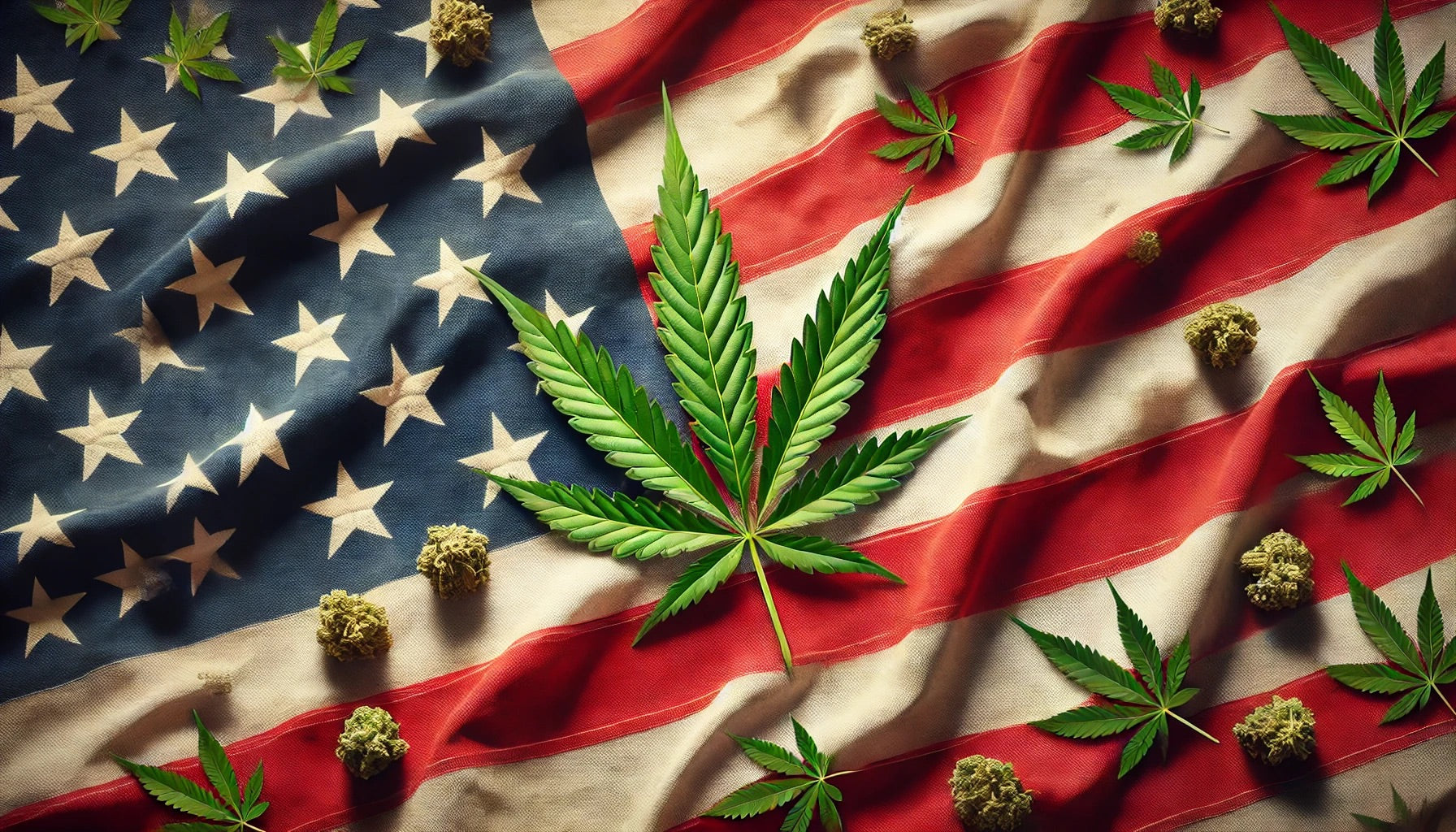Legalization Day: How November 6, 2012, Sparked a Cannabis Revolution
On November 6, 2012, voters in Colorado and Washington State approved the historic legalization of recreational marijuana, marking a significant milestone in the cannabis reform movement. Known as "Legalization Day," this event paved the way for a transformative era in U.S. drug policy, allowing both states to establish regulated markets for adult-use cannabis, significantly shifting public perception and policy toward marijuana nationwide.
The Road to Legalization
In the years leading up to legalization, cannabis advocates worked tirelessly to challenge stigmas and push for policy change. Colorado's Amendment 64 and Washington's Initiative 502 were the pioneering ballot measures that framed marijuana legalization as a public safety and social justice issue. Proponents argued that legalizing cannabis would undercut the black market, divert revenue from criminal enterprises, and provide valuable tax income for state projects and community programs.
In Colorado, advocates like Mason Tvert, a key figure in the pro-legalization campaign, adopted creative and bold tactics. Tvert's efforts included memorable public demonstrations and campaigns that spotlighted the relative safety of marijuana compared to alcohol, which played a crucial role in shifting public perception. Campaigns highlighted the lower rates of violence associated with marijuana use compared to alcohol, a message that resonated with voters concerned about community safety and personal choice.
Initial Impact of Legalization
Once the legislation passed, the first legal sales in Colorado and Washington were delayed to allow the states time to implement regulatory frameworks. In Colorado, the first legal recreational sales began on January 1, 2014, and the results were impressive: by 2019, Colorado alone had generated over $1 billion in tax revenue from cannabis sales, funding public education, substance abuse programs, and infrastructure improvements. Moreover, legalization had a significant social impact. The arrest rates for marijuana possession plummeted, freeing up law enforcement resources to focus on more severe crimes. Marijuana arrests for adults over the age of 21 in Colorado dropped sharply, reducing strain on the legal system and lessening the negative lifelong impact of a drug charge on many individuals. Legalization also had an economic impact: the burgeoning cannabis industry created tens of thousands of jobs across sectors, from cultivation and retail to ancillary services like legal, marketing, and consulting firms that specialize in cannabis.
Social and Health Effects
One of the most unexpected outcomes of legalization in Colorado was its impact on public health. Studies found that opioid-related deaths decreased by over 6% in the two years following recreational marijuana legalization, suggesting that some people might have substituted cannabis for opioid painkillers. This trend reflects a growing body of research suggesting that cannabis access may help reduce opioid dependency and overdose rates, adding a public health argument to the benefits of legalization. However, legalization wasn't without its challenges. Concerns about increased youth access to marijuana and impaired driving risks arose, although studies showed little significant increase in adolescent use rates or in traffic incidents attributed solely to marijuana. In response, both states invested in extensive public education campaigns to address safe usage, responsible adult consumption, and the legal limits on possession and use.
Looking Forward: A Decade of Progress
Legalization in Colorado and Washington opened the door for a nationwide movement. Over the past decade, more than 20 states have followed in their footsteps, establishing regulated adult-use markets and rethinking punitive approaches to cannabis. In federal policy, marijuana remains classified as a Schedule I substance under the Controlled Substances Act, but mounting public support for reform has led to several Congressional bills aimed at legalizing or decriminalizing cannabis at the federal level. As of now, the majority of Americans support some form of marijuana legalization, reflecting a significant shift in public opinion since Legalization Day in 2012.
November 6, 2012, stands as a landmark date in cannabis history. What started as a controversial initiative has grown into a movement reshaping laws, communities, and the economy across the U.S. The success of Colorado and Washington’s experiments with legalization has helped build a blueprint for other states, each adopting lessons and adapting their own regulations. With momentum growing, the legacy of Legalization Day continues to influence the future of U.S. drug policy and social attitudes toward cannabis.


